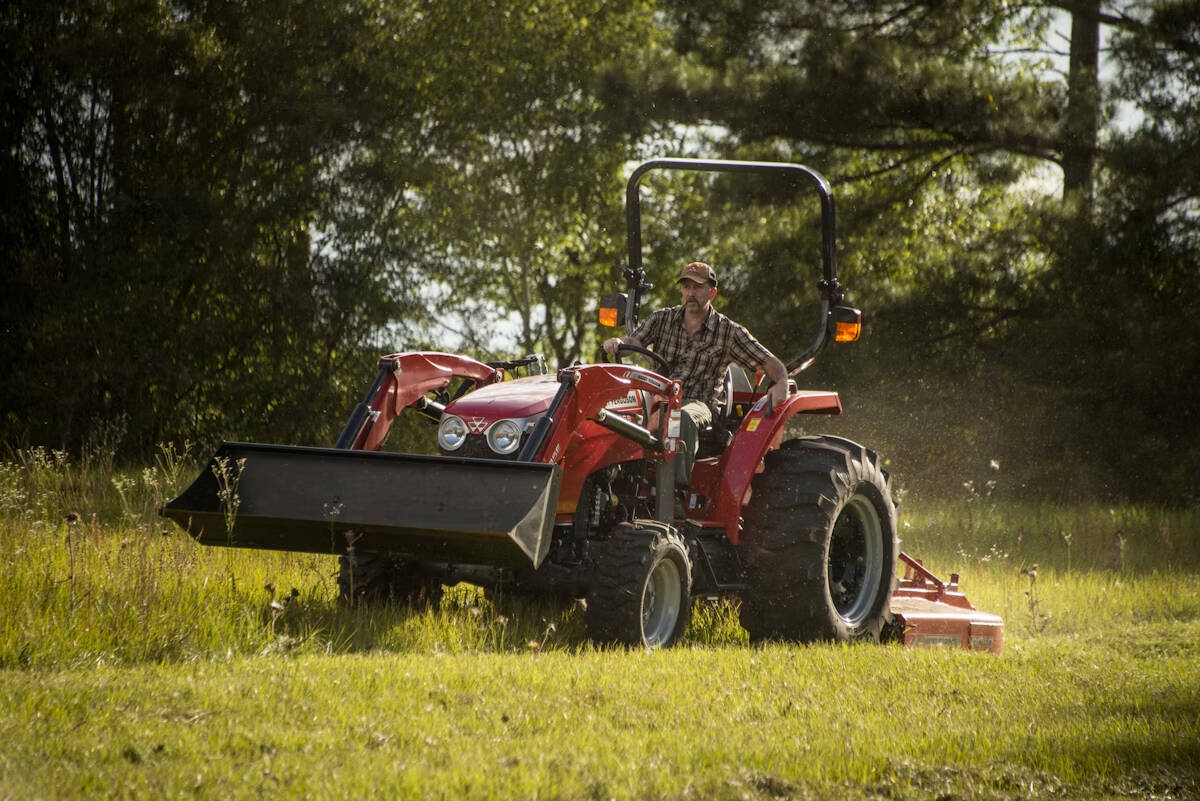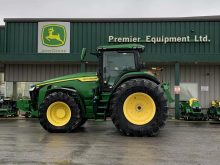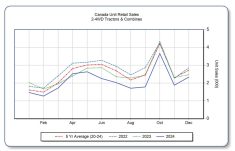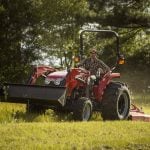Ontario farm equipment dealers are warning farmers to do their homework before buying equipment that has been imported from Europe because any savings on the purchase price could evaporate as soon as it needs repair.
Licensed retail dealers, represented through the Canada East Equipment Dealers Association (CEEDA), however, believe there are strong reasons for farmers not to take what the organization’s president and chief executive officer Bev Leavitt, describes as the “grey market” route.
Why it matters: Imported equipment can be subject to no warranty and must be retrofitted to North American standards before it can be repaired.
Read Also

Agco settles legal dispute with TAFE
Agco and Tractors and Farm Equipment (TAFE) from India announced July 1 that they had settled their legal dispute, which began in 2024 over local ownership of the Massey Ferguson brand name and other concerns.
“Canadian dealers are not authorized to service (the machines),” Leavitt told Farmtario. “If they do service it, they assume all liability and must retrofit the unit to ensure its compliance with national and provincial standards…That increases the farmer’s costs and usually ends up in conflict.”
A member of the CEEDA board of directors, who operates a multi-site dealership in southwestern Ontario, alerted Farmtario to what he believed has been a growing trend since the onset of the COVID-19 pandemic.
He suggested farmers are, too often, not aware of the lack-of-warranty risk. And they’re also not aware of possible ramifications of purchasing equipment built to European as opposed to North American specifications for such matters as road safety and lighting.
Leavitt, who says anecdotal reports of increasing “grey market” sales can’t be verified with actual statistics, nonetheless agrees with the dealer’s assertion that machines manufactured for European machines “differ in many important respects” from those made for North America. Examples, she said, include “lighting and marking, safety decals, p.t.o. requirements and required safety chain provisions.
“Furthermore, they may exceed the speed limitations of North American braking and hitching standards.”
European contacts facilitate the sales
“Most of the grey market units are brought in by farmers who have a friend/relative contact in Europe,” Leavitt said.
She said it’s almost impossible to get good data on European imports.
Leavitt says warranties and potential future trade-in scenarios are downfalls of the grey market.
It doesn’t take much browsing through the Ritchie Bros. auction website to learn that used tractors are less expensive in Europe than they are in Canada. A comparison of importer websites and local prices also tells the tale.
To legally work on an imported unit, a licensed dealership shop must retrofit it to North American standards. So even before the mechanics get to the repair, the farmer could have a bill in the thousands of dollars. Then, without a warranty, the parts and labour on the actual repair can easily skyrocket, at the farmer’s expense.
And when it comes to trade-in, again, “if they take in a piece of grey market equipment … the dealer cannot sell it without retrofitting it to ensure it is compliant,” Leavitt explained. A farmer expecting a good portion of their new purchase to be covered by the trade-in value will, as a result, be disappointed.
“I’m not sure manufacturers can do anything to address (the importation of made-for-Europe machines),” Leavitt said.
Should imports be flagged?
Likewise, she doesn’t believe it’s practical for governments to initiate heavy-handed enforcement. “It’s not against the law for someone to export equipment for personal use,” she noted, and it could take significant resources to be able to discern between personal-use and machines destined for the grey market.
She would, however, like to see such imports “flagged (as) unsellable” when they enter the country, and made subject to “additional fees for eventual disposal — because it simply becomes scrap metal at that point.”
Plus, she would like increased efforts put into communication about the issue, both by government and farm organizations.
“Professional equipment dealers are not the bad guys in the grey market import scenario,” Leavitt said. “They are honourable, law-abiding businessmen and women who are conscientiously focused on providing Canadian consumers with the highest quality, safest and ecologically responsible products available.”
They are also part of communities where they are located, providing employment and support for local groups.















